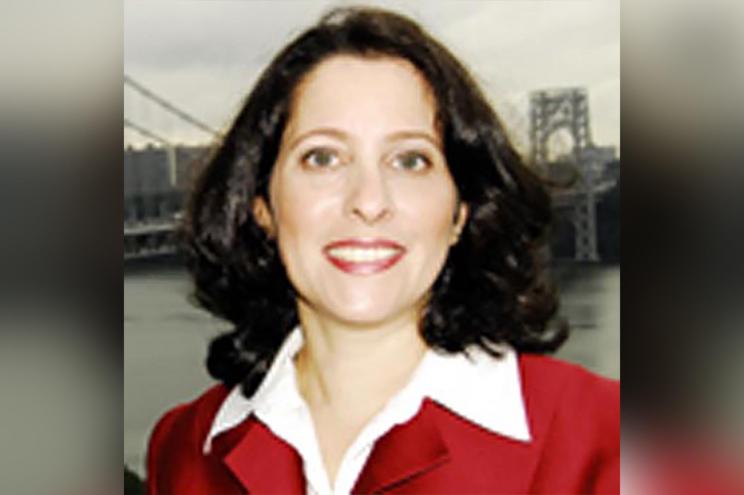A state ethics panel on Friday rebuked a Bronx judge who urged a cop to “let it slide” after she rear-ended a police van.
Bronx Supreme Criminal Court Justice Shari R. Michels repeatedly told “police officers she was a judge in an effort to avoid the consequences of a minor traffic accident in which her car struck a police vehicle,” according to a ruling by the Commission on Judicial Conduct.
The admonishment will stay in the judge’s personnel file and could mean a temporary demotion.
Michels, 53, the daughter of late former City Councilman Stanley Michels, hit the police van at a traffic light near Yankee Stadium around 4:30 p.m. in August 2015.
There were no injuries or property damage, but a police report was required because an NYPD van was involved in the accident.
When cops told Michels she had to complete a report, she asked a sergeant named Owais Khanzada to “just let it slide,” the probe found.
“She ratcheted up the pressure by making a gratuitous reference to her courtroom after he told her he would do a report,” the report said.
Michels later claimed she only identified herself as a judge to assure the police she was “not going to flee.” She eventually admitted that repeating her position to the cops “changes the complexion of the interaction.”
The judge “created the appearance that [she] did not want to be treated like an ordinary motorist involved in an accident, but instead expected deference because of her judicial position,” the state’s Judicial Conduct Commission found.
She was previously admonished for claiming in campaign literature that she’d been endorsed by the New York Times when she hadn’t received a nod from the Gray Lady, according to the commission.
Michels earns $208,000 a year as a Supreme Court judge. A spokesman for the Office of Court Administration said Michels will likely be demoted for two years and have her salary slashed to $193,500.
Michels was elected to the city civil court in 2007 and appointed to the higher state Supreme Court position in 2015. Her term expires in 2026.
Her attorney, David M. Godosky, who’d asked for a confidential caution instead of a public rebuke, said his client ultimately was satisfied with the commission’s ruling.
